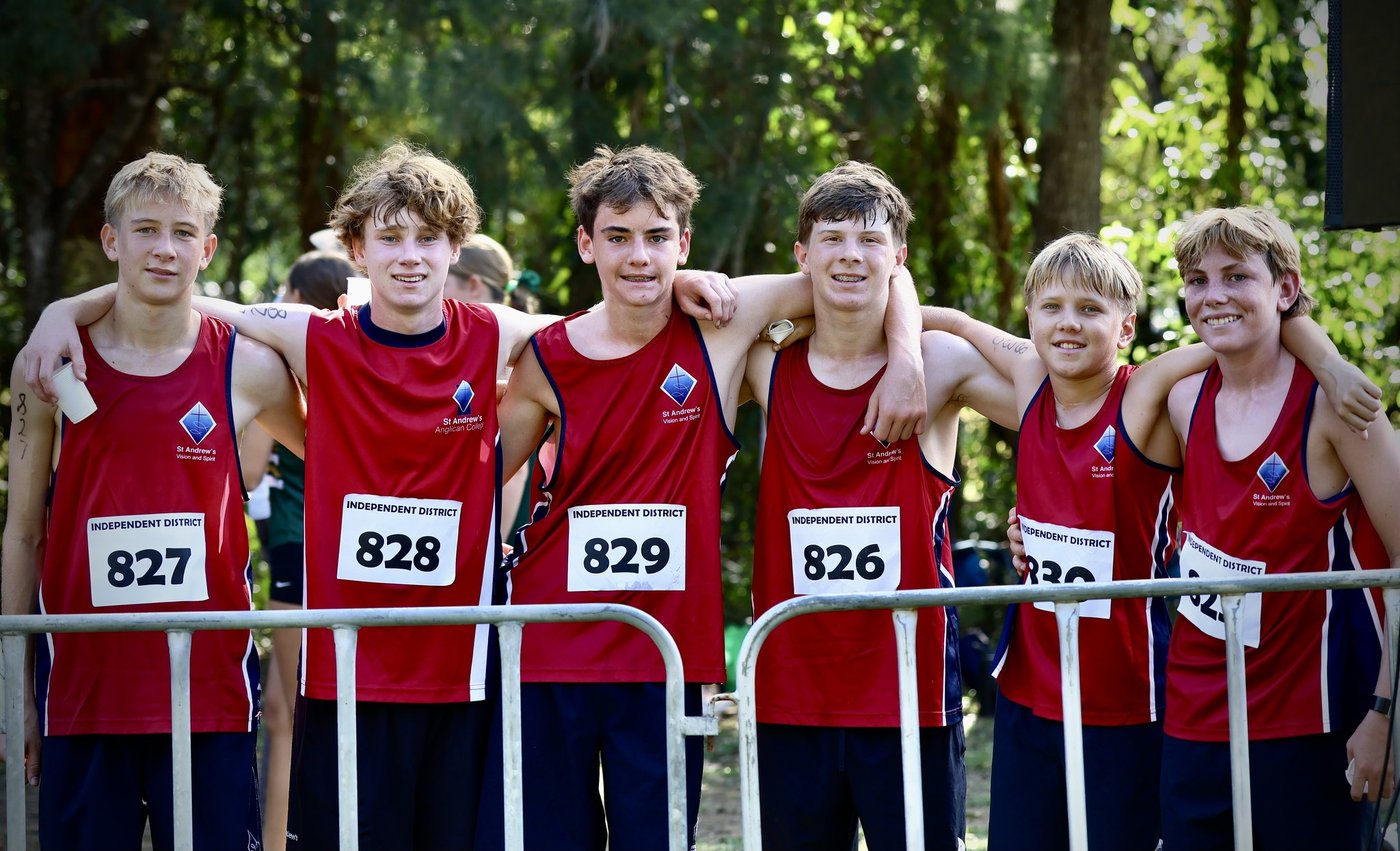A New Era for STEAM
08 May 2023

Head of Digital Pedagogy, Mrs Lauren Stanhope, is on a mission. A mission to revolutionize teaching and learning STEAM to Upper Primary students.
STEAM, the acronym used for the combination of Science, Technology, Engineering, Arts and Mathematics, has been a hot topic in education for a number of years, with schools recognising that the key skills learnt, including critical thinking, problem-solving and analysis, are essential to prepare students for the challenges and opportunities of the rapidly changing world.
Due to curriculum and resourcing constraints, quality STEAM programs have sometimes been difficult to implement into Primary education.
Mrs Stanhope, together with the Year 5 and 6 teaching team, have developed a program transforming the way STEAM education is delivered in the Upper Primary. The point of difference is linking and expanding STEAM to the Science curriculum.
The program, designed for Year 5 and 6 students is centred around the science curriculum and spans all four terms. Each term, using the science curriculum focus-topic as a foundation, students then choose technology, engineering, art or mathematics as their discipline for that term and follow the design-centred learning (empathise, define, ideate, prototype, test) process.
Through collaborative small group work, students engage with the topic by exploring concepts through hands-on activities and autonomous research. Once they have gained a foundational understanding of the subject matter, they will identify a problem that they would like to solve.
Next, they apply their knowledge of technology, engineering, art, or mathematics to ideate ways to solve the problem. Subsequently, students will form smaller groups based on their chosen area of focus and work with a specialised teacher to develop a prototype to solve their identified problem. Finally, students will present their prototypes to industry professionals and the community to receive constructive feedback. This immersive, multidisciplinary approach aims to foster creativity, innovation, and practical problem-solving skills in students.
“Using a student-led approach, it provides opportunities for them to explore their own interests and take ownership of their learning and empowers students to refine and expand their ideas,” Mrs Stanhope said.
“By creating an environment that allows for individualised attention and support, students are able to thrive and explore their passions and deepen their learning, with the guidance of expert educators and community mentors.
“This approach enables student-led learning to flourish, fostering a deeper understanding of subject matter and facilitating the development of creativity, collaboration skills, critical thinking skills, problem-solving and collaboration.”
The program has been under development for approximately 12 months, with the support of our College leadership and a team of dedicated Year 5 and 6 teachers. It is heavily evidence and researched based, with a specific focus on project-based learning.
“Research shows that student-led and project-based learning is an effective way to engage students and foster their motivation and enthusiasm for learning,” Mrs Stanhope said.
“Through this program, students are encouraged to develop a love for learning and a passion for STEAM disciplines that will serve them well in their future academic and career pursuits.”
Collaboration and community involvement also forms a key part of the program and is pivotal to its success. Students will engage with relevant industries, which enables them to comprehend the real-world impact of their work. Dependent on the individual projects each term, industry professionals will collaborate as mentors, providing guidance during the prototyping phase and serving as a resource for information as students explore their topic. They will also provide feedback as students share their ideas and prototypes, promoting a culture of innovation and collaboration. This allows students to gain a deeper understanding of the implications and opportunities available in STEAM fields, inspiring them to pursue further education and careers in these fields. Run and supported by specialised teachers in each field, the program provides students with the necessary support and expertise to excel in each discipline.
Mrs Stanhope hopes that after implementing the program at St Andrew’s, the College will serve as a model for STEAM education as well as providing support and resources for primary teachers seeking to implement similar programs. Her hope is that this program will serve as a catalyst for improving STEAM education across the region and ultimately, lead to a brighter future for all students. By sharing the program’s structure, outcomes, and best practices, other schools and education groups can gain insights into how to support engagement in STEAM education.
























